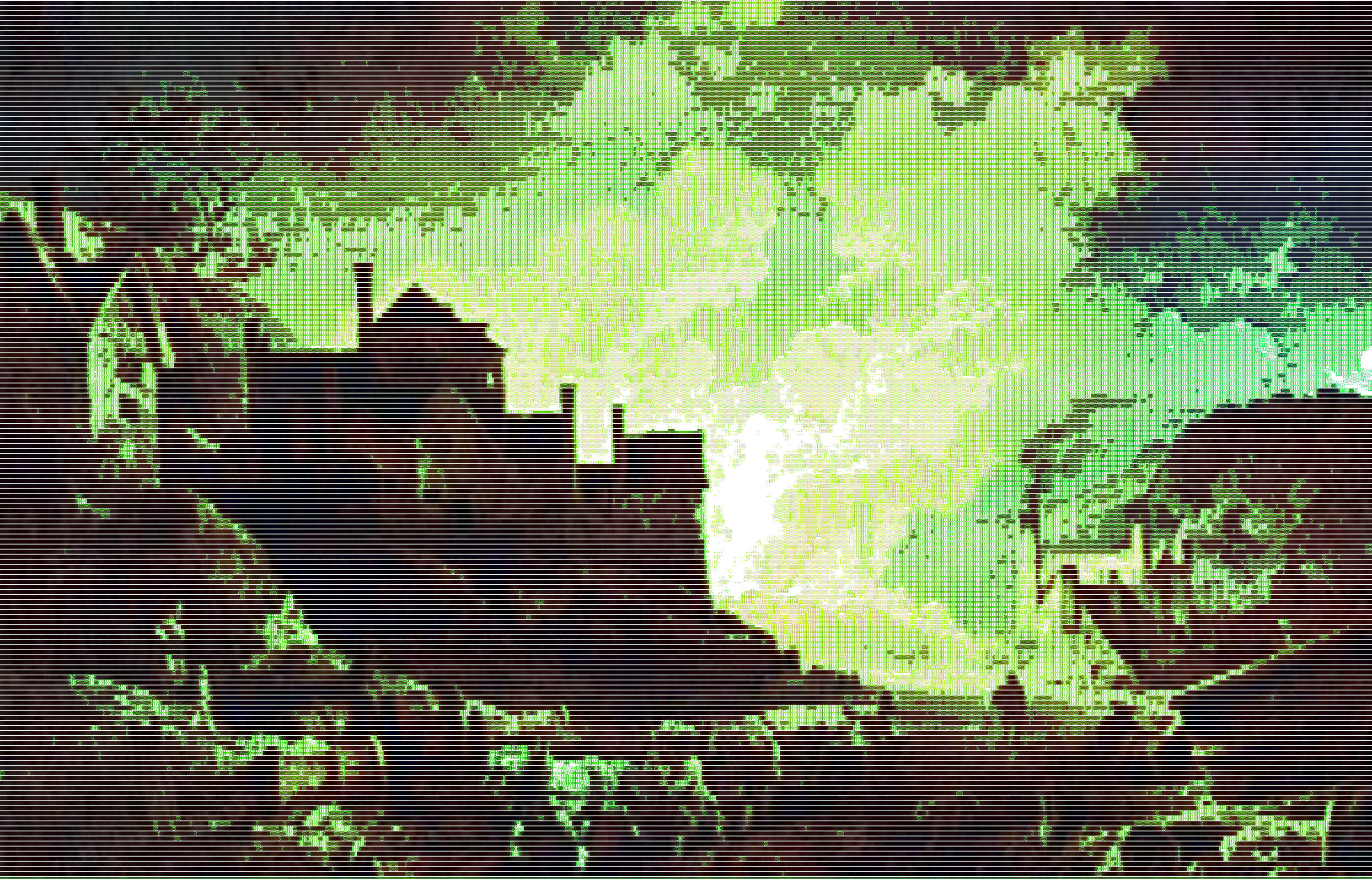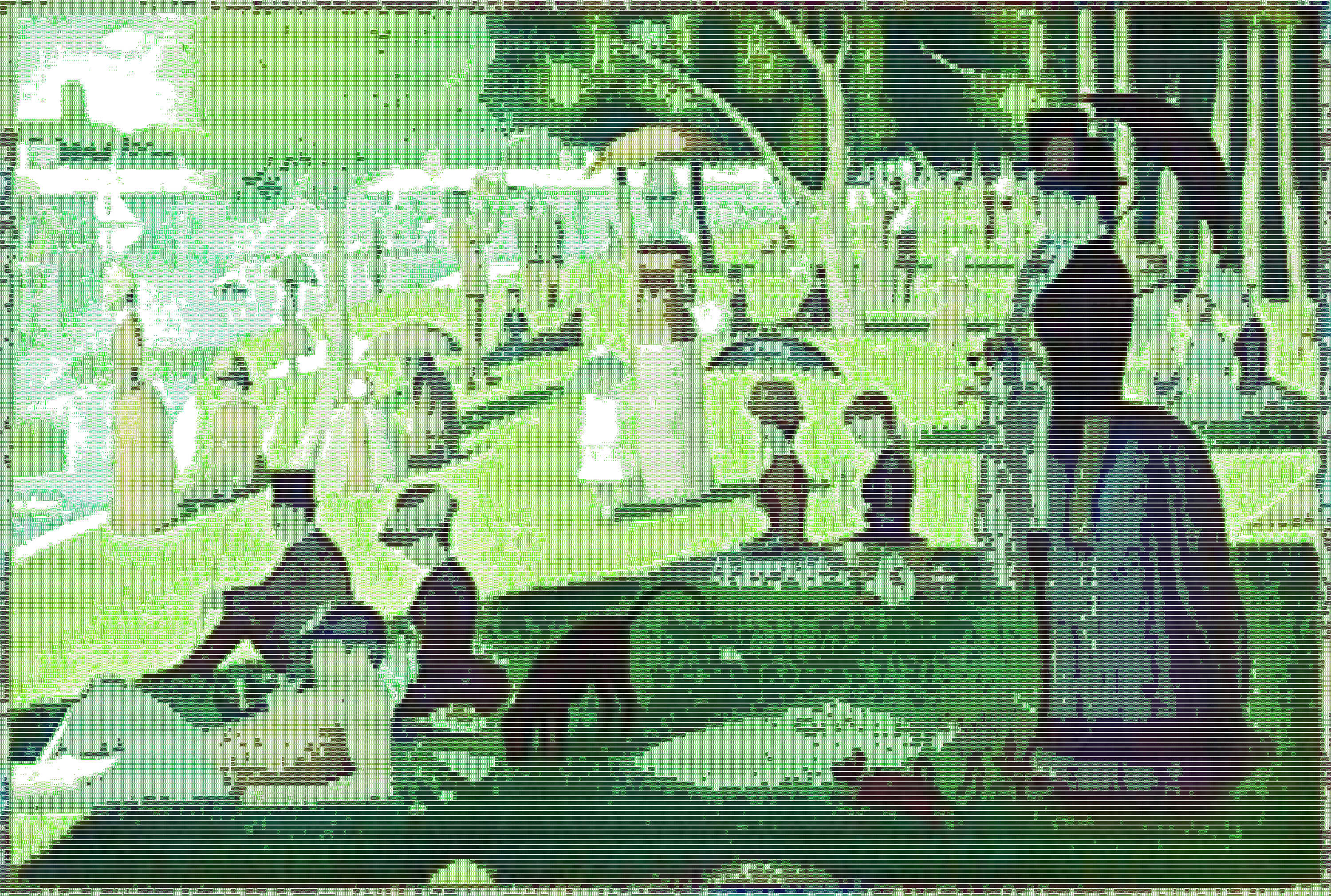§ 0 Leisure in Classical Antiquity: The Foundation of Intellectual Life

Men must be able to engage in business and go to war, but leisure and peace are better; they must do what is necessary and indeed what is useful, but what is honourable is better … If it be disgraceful in men not to be able to use the goods of life, it is peculiarly disgraceful not to be able to use them in time of leisure—to show excellent qualities in action and war, and when they have peace and leisure to be no better than slaves.
― Aristotle, Politics
0.0 The word “school” finds its roots in the ancient Greek term scholē, meaning leisure—a startling revelation in a world where schooling is synonymous with rigorous schedules, examinations, and relentless toil. For the Greeks, leisure did not imply idleness; instead, it represented a purposeful state of being, one dedicated to intellectual contemplation, creative exploration, and the pursuit of higher virtues. This ancient conception of leisure as essential to learning and innovation continued to resonate through medieval philosophy and early modern thought. By revisiting these historical understandings, we can illuminate the profound role leisure plays not only in personal growth but also in shaping societies and civilizations.
0.1 For the ancient Greeks, leisure was not merely the absence of labor; it was a sacred opportunity to engage with the highest pursuits of human existence. Aristotle, in his Nicomachean Ethics, regarded leisure as the cornerstone of a virtuous and fulfilled life. He argued that the ultimate purpose of human existence—eudaimonia, or flourishing—was best achieved through activities like philosophy, art, and scientific inquiry, all of which required the reflective space leisure provided.
0.2 This emphasis on leisure was deeply intertwined with the structure of Greek society. Manual labor and commerce were largely relegated to slaves and non-citizens, freeing the elite to devote their time to governance, education, and cultural enrichment. While this exclusionary model is ethically problematic by modern standards, it underscores the high regard in which leisure was held as a state essential for higher-order thinking.
0.3 Plato, too, extolled leisure as the soil in which intellectual and moral virtues could grow. In his Republic, he envisioned an ideal society where guardians and philosophers, unburdened by menial tasks, could dedicate themselves entirely to contemplation and the pursuit of truth. Education, in this vision, was not a hurried process of rote memorization but a lifelong journey of discovery fostered by deliberate leisure.
0.4 The Romans inherited and adapted the Greek concept of leisure, integrating it into their own vision of the otium et negotium—leisure and work. For Roman thinkers like Cicero and Seneca, leisure was a time for self-improvement and preparation for public service. Cicero, in his treatise De Officiis, argued that leisure was not for indulgence but for refining one’s intellect and character, making individuals better equipped to contribute to the common good.
1.5 This Roman perspective highlights the dual role of leisure: as a personal sanctuary for intellectual pursuits and a public duty to cultivate the virtues necessary for leadership. Roman leisure spaces, such as libraries, bathhouses, and forums, were designed to foster both private reflection and communal engagement. This balance between solitude and society enriched the cultural and intellectual life of the Roman Republic and Empire.
§ 1 Medieval Conceptions: Leisure as Sacred Reflection

Nothing prevents certain things being more excellent in themselves, whereas they are surpassed by another in some respect. Accordingly we must reply that the contemplative life is simply more excellent than the active: and the Philosopher proves this by eight reasons. The first is, because the contemplative life becomes man according to that which is best in him, namely the intellect, and according to its proper objects, namely things intelligible; whereas the active life is occupied with externals...
― St. Thomas Aquinas, The Summa Theologiæ of St. Thomas Aquinas
1.0 The medieval period redefined leisure within the framework of Christian theology. Drawing from classical sources, medieval scholars like Augustine of Hippo and Thomas Aquinas infused the concept of leisure with a spiritual dimension. For them, leisure was not merely an earthly reprieve but a divine gift that allowed humanity to commune with God and explore the mysteries of creation.
1.1 Augustine, in his Confessions, portrayed leisure as a state of interior rest—a respite from the distractions of worldly pursuits that enabled deeper reflection on eternal truths. This spiritualized view of leisure aligned with the monastic traditions that flourished during the Middle Ages. Monasteries became epicenters of intellectual activity, where monks, free from the burdens of secular life, engaged in copying manuscripts, conducting scientific experiments, and composing theological treatises.
1.2 Thomas Aquinas further elaborated on the value of leisure in his Summa Theologica, arguing that contemplation, the highest form of leisure, was the ultimate human activity. Unlike labor, which addressed temporal needs, contemplation oriented the soul toward eternal truths and fostered the intellectual virtues necessary for understanding God and creation. Aquinas’s synthesis of Aristotelian and Christian thought solidified leisure’s status as a cornerstone of medieval intellectual life.
§ 2 Leisure in Modern Thought:

In the midst of a culture that is rationally organized for a vocational workaday life, there is hardly any room for the cultivation of acosmic brotherliness, unless it is among strata who are economically carefree. Under the technical and social conditions of rational culture, an imitation of the life of Buddha, Jesus, or Francis seems condemned to failure for purely external reasons.
― Max Weber, From Maz Weber: Essays in Sociology
2.0 The Protestant Reformation and the rise of capitalism in the early modern period began to challenge these classical and medieval conceptions of leisure. The Protestant work ethic, famously articulated by Max Weber, glorified labor as a moral duty, gradually marginalizing leisure as a frivolous indulgence. Yet, even in this changing cultural landscape, the enduring legacy of leisure as a catalyst for learning and innovation remained visible in the works of thinkers like Descartes and Newton, whose groundbreaking contributions were born of solitary reflection.
2.1 The Industrial Revolution dealt perhaps the most significant blow to the classical ideal of leisure. With the advent of mechanized labor, efficiency and productivity became paramount, and leisure was increasingly viewed as an obstacle to economic progress. This shift devalued the unstructured time necessary for intellectual and creative pursuits, reducing leisure to mere relaxation or entertainment.
2.2 In education and the workplace, the glorification of hard work led to an overemphasis on measurable outputs at the expense of meaningful engagement. Schools became factories for rote learning, and workplaces prioritized long hours over innovative thinking. This cultural shift obscured the profound insights of ancient and medieval thinkers, who understood that true learning and innovation require the mental and emotional freedom leisure provides.
2.3 The ancient and medieval conceptions of leisure remind us that it is not the antithesis of work but its complement and foundation. From the reflective dialogues of Socrates to the contemplative writings of Aquinas, leisure has consistently been the wellspring of humanity’s greatest intellectual and creative achievements. By rediscovering this legacy, we can transform how we approach learning, innovation, and life itself. True progress lies not in the relentless grind of labor but in the deliberate embrace of leisure—a space where the mind can wander, wonder, and ultimately, create.

Pictures that I modified (top to botom): 1 Salvador Dalí - A Sunday Afternoon on the Island of La Grande Jatte 1884–1886. 2. Jusepe de Ribera - Aristotle 1637 3. Carlo Crivelli - Panel of an altarpiece from Ascoli Piceno, 15th century. 4 Photographic portrait of Max Weber. 5. Philip James de Loutherbourg - Coalbrookdale by Night 1801
